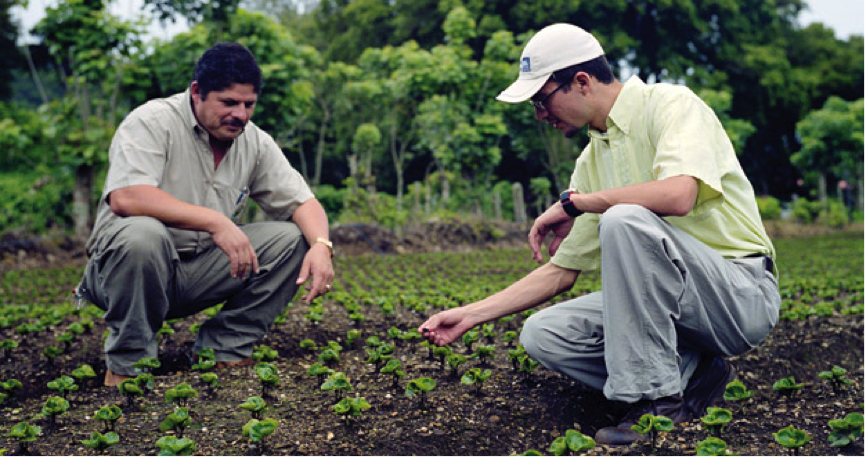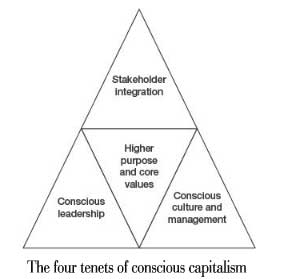 This post gives further insight and questions the opinions of classmate: Samuel Tjandra (read more here)
This post gives further insight and questions the opinions of classmate: Samuel Tjandra (read more here)
This post caught my eye, as it was one of the first concepts we talked about in COMM 101, that being, Friedman’s thoughts on social responsibility in a business.
To quickly summarize, Samuel spoke of away from Starbuck’s social responsibility, but of the interconnection within stakeholder interest. It is definitely true that investors only go if they know that there is a demand for the said product; in this case, Starbucks. Starbucks, being such a large corporation, will obtain a lot of media attention, therefore, their social responsibilities are frequently monitored. I thought Samuel’s opinions on Starbucks needing to embrace social responsibility could be mistaken, in a sense that most people who walk in to Starbucks could care less of where/how the coffee came to be. The purchase of the Costa Farmland, however has some affect on Starbucks social standing, is not prominent. If Starbucks were to buy a plot of land where they used children labour, would they lose a large customer base or only a mere percentage of their coffee consumers? The answer being, only a mere percentage. This is because consumers don’t care enough about ethics to invest their time into looking for an alternative, when what they are used too is right in front of them.
Ultimately, though the concept of social responsibility is there, I do not believe it plays a significant enough role to have major effect on a business such as Starbucks.
 Co-CEO of Whole Foods Market, John Mackey recently co-published a book called, “Conscious Capitalism: Liberating the heroic spirit of business” which speaks of the supposedly new business paradigm and how to implement it. It presents a different way of thinking, speaking and acting in the work environment; conscious capitalism. The book conceptualizes expositions of values, thought patterns and most importantly accepts the criticism of the current practices for capitalism.
Co-CEO of Whole Foods Market, John Mackey recently co-published a book called, “Conscious Capitalism: Liberating the heroic spirit of business” which speaks of the supposedly new business paradigm and how to implement it. It presents a different way of thinking, speaking and acting in the work environment; conscious capitalism. The book conceptualizes expositions of values, thought patterns and most importantly accepts the criticism of the current practices for capitalism.